Apple ditched Intel and never looked back — are other laptop makers doing the same?
Some laptop makers weren’t shy about revealing their custom-chip plans
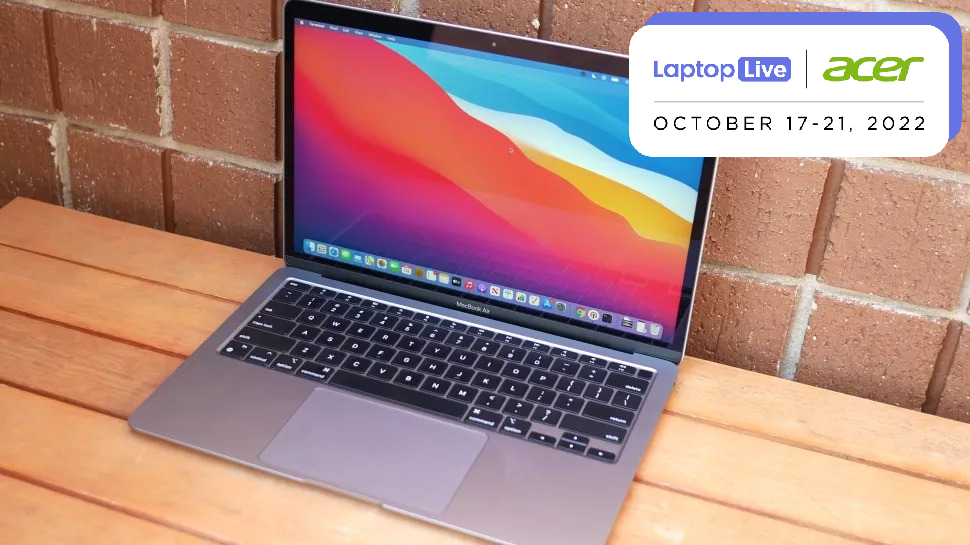
Sign up to receive The Snapshot, a free special dispatch from Laptop Mag, in your inbox.
You are now subscribed
Your newsletter sign-up was successful
If you want something done right, do it yourself! That’s the time-worn adage Apple embraced when it announced at WWDC 2020 that it was dumping Intel, its partner of 15 years, for a new bae: custom Apple Silicon processors. Ouch! The chipmaker was likely clutching its proverbial heart after losing such a valuable mate.
At first, many were ambivalent about this risky new step from the Cupertino-based tech giant. Could Apple actually continue an upward trajectory of success with its own in-house chip? Well, the Mac maker shut the naysayers up when it unveiled a new 5-nanometer, octa-core SoC at the 2020 “One More Thing” November livestream. Called the M1 chip, Apple stuffed it inside a Mac Mini, a MacBook Air and a 13-inch MacBook Pro.
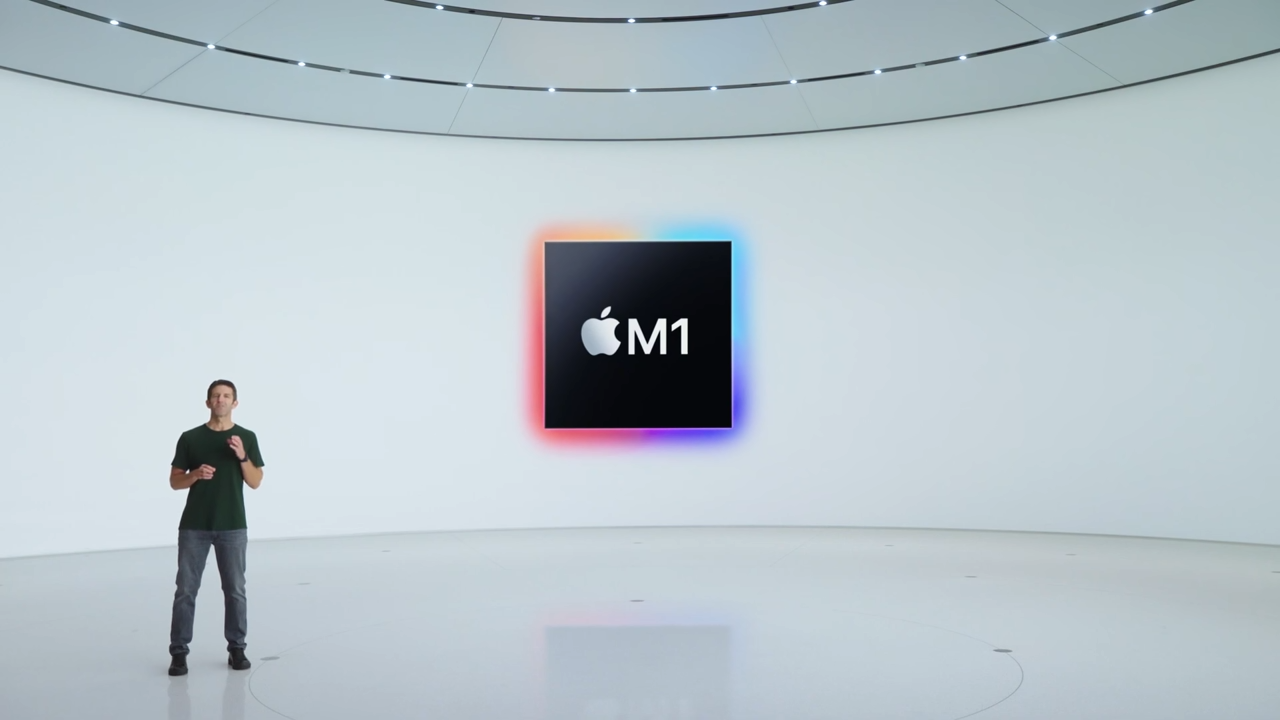
And whoa! That bad boy blew us away in our reviews, delivering beastly performance gains beyond our wildest dreams. With Geekbench 5, we tested the M1 MacBook Air against the 2021 Lenovo Yoga 9i, which is outfitted with the most powerful 11th Gen Intel CPU for ultraportable laptops. With a score of 5,962, the M1-packed Apple laptop destroyed the Yoga 9i (5,312). Yikes!
With Apple proving that it could wow consumers by ditching third-party chipmakers, we couldn’t help but wonder, “Do the other laptop OEMs plan on making their own in-house SoCs, too?”
Do laptop companies plan to follow Apple’s footsteps?
Intel must’ve been sweating bullets after its divorce from Apple. Sometimes, when the Cupertino-based tech giant launches a new trend, it “makes fetch happen” — yup, I just used a Mean Girls reference — and rival tech companies feel compelled to follow the Regina George of the tech industry (yes, that’s Apple), especially when it benefits their bottom line.
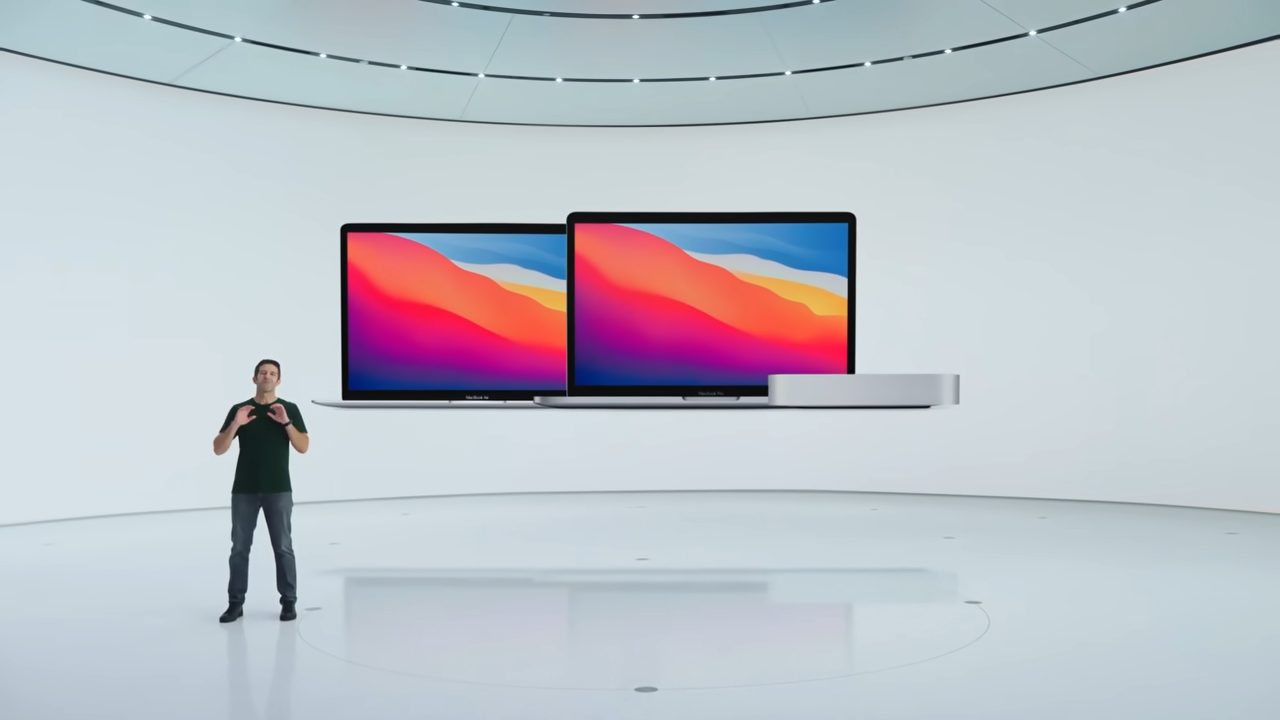
For example, do you remember when Apple announced that it was eliminating power adapters from its packaging to “save the environment”? Although Samsung initially trolled the Cupertino-based tech giant and reminded consumers that they offer charging bricks alongside its phones, Samsung later followed Apple’s footsteps.
The same could be said for Apple’s influential decisions to eliminate the headphone jack with the iPhone 7, the introduction of Touch ID (Apple didn’t pioneer fingerprint readers on phones, but it arguably did it the best), and the implementation of the display notch on iPhone X. Rival smartphone OEMs played monkey see, monkey do with Apple’s aforementioned trendsetting features.
Sign up to receive The Snapshot, a free special dispatch from Laptop Mag, in your inbox.
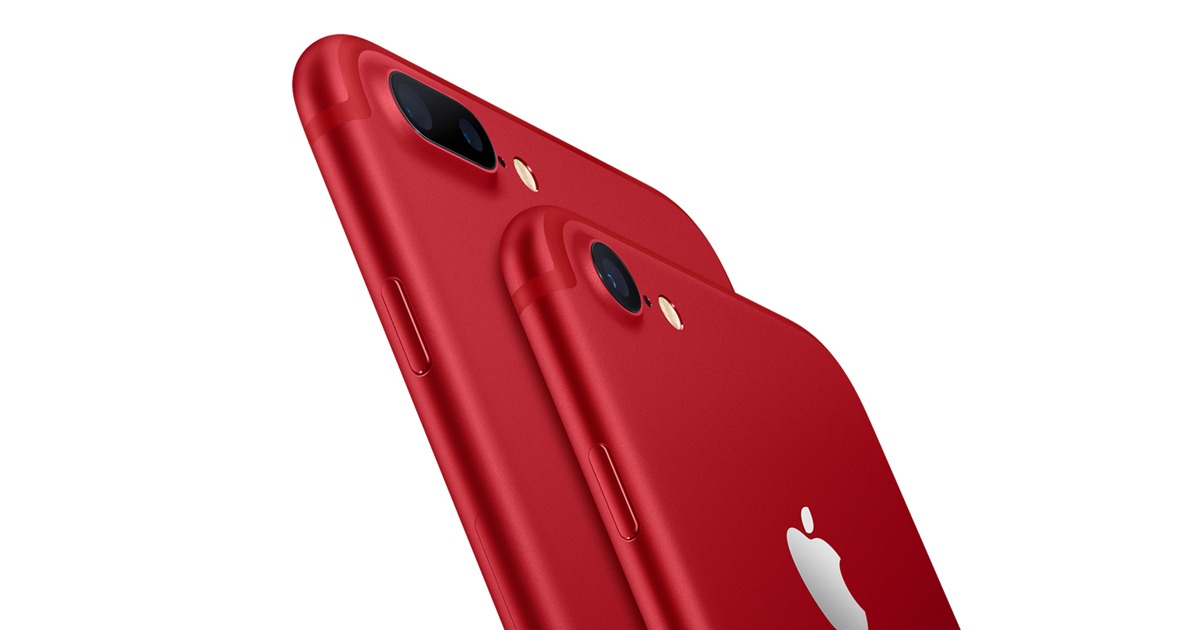
However, not every bright idea from Apple caught on (fortunately, the horrid butterfly keyboard came and died with Apple). It’s been two years since Apple announced its departure from Intel, but other laptop OEMS don’t seem to give a single rat’s behind about what the Cupertino-based tech giant is doing in terms of rolling out custom ARM processors; they’re continuing to hold hands with Intel. Why is that?
I reached out to Razer, Dell, Lenovo, MSI, Acer, HP, Asus and asked, "Hey, are you, too, planning on producing in-house SoCs for your laptops in the future?" Only four graciously replied: Lenovo, MSI, Asus and Acer.
Lenovo
Although we heard from Lenovo, the world’s top laptop vendor in terms of PC shipments, the maker behind the beloved ThinkPad laptops declined to discuss their future plans regarding custom processors.
MSI
MSI, known for rolling out killer gaming rigs and creator-class laptops, said the following: “MSI currently doesn’t plan to develop custom chips. We will continue to focus on providing premium laptop products with the most extraordinary performance, most innovative technology, and best user experience.”
Acer
Acer, which rolled out one of the best notebooks of the year with the high-performing Acer Swift 5, said “We checked with the right teams here, and we have no plans to launch custom CPUs at this time.”
Asus
Asus is known for blowing us away with its innovative, stunning dual-display laptops (e.g., Asus ROG Zephyrus Duo 16), but is it taking a page out of Apple’s playbook as far as custom chips are concerned? Nope! “As for launching our own chip, we will not and will continue to use Intel/AMD chips,” an Asus rep told us.
So there’s our answer. Out of the laptop OEMs that replied, zero plan on making their own custom chips.
Laptop OEMs’ hesitance on making custom chips
Relying on third parties can be a headache for laptop OEMs as we’ve seen with the global chip shortage, which stymies companies’ production and distribution plans. As such, I’m a bit bewildered that laptop makers aren’t jumping on the “Heck yes! Let’s make our own chips!” bandwagon after witnessing Apple’s success.
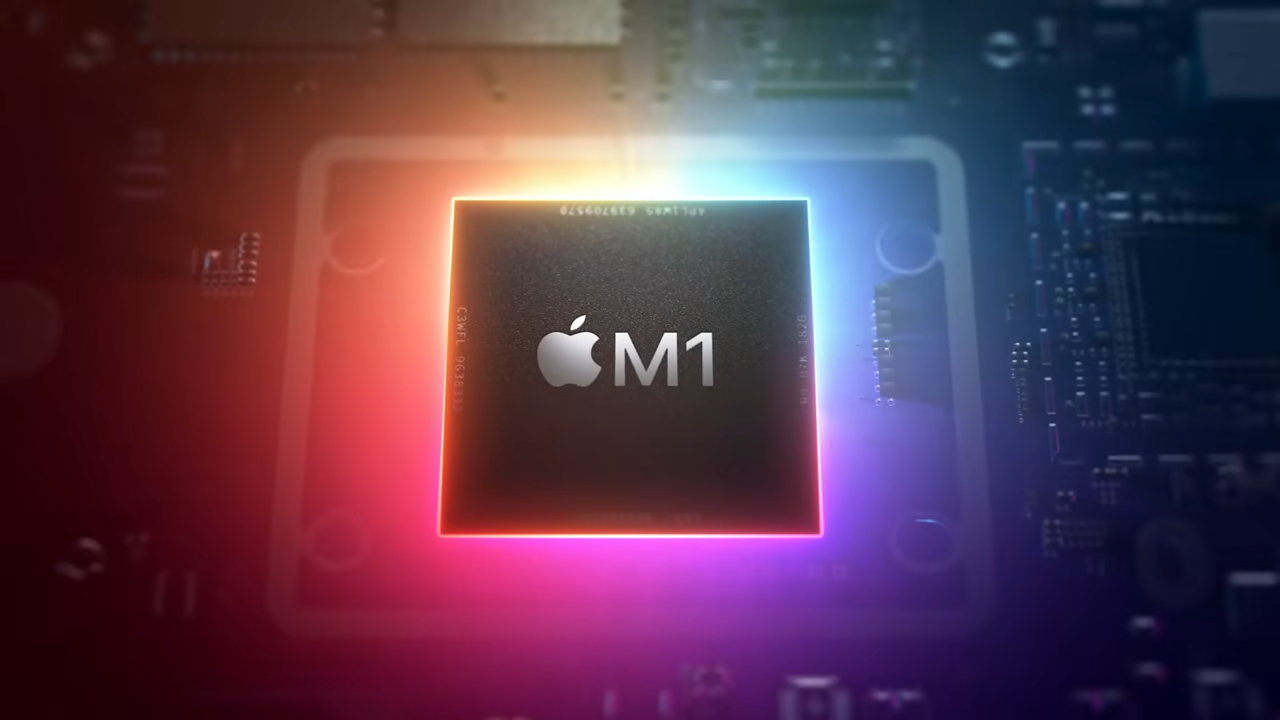
There are a wealth of benefits, aside from circumventing supply-chain issues, to “keeping it all in the family,” so to speak.
That last point is important. After all, this is what impelled Apple to ditch Intel. Three years ago, Tim Cook blamed Intel for its declining MacBook sales, dragging the chipset company through the mud for “processor constraints.” Pulling back the curtains on Cook’s vague comments, a former Intel engineer revealed that the quality assurance for the Skylake processors was so “abnormally bad,” it prompted Apple to reconsider its relationship with Intel. (Apple first introduced Skylake in its 2015 iMac line, and later placed them in its 2016 MacBook and MacBook Pro models.)
Intel was also in hot water for sticking to an obsolete 14-nanometer node for years before finally moving to 10nm chips in 2021.
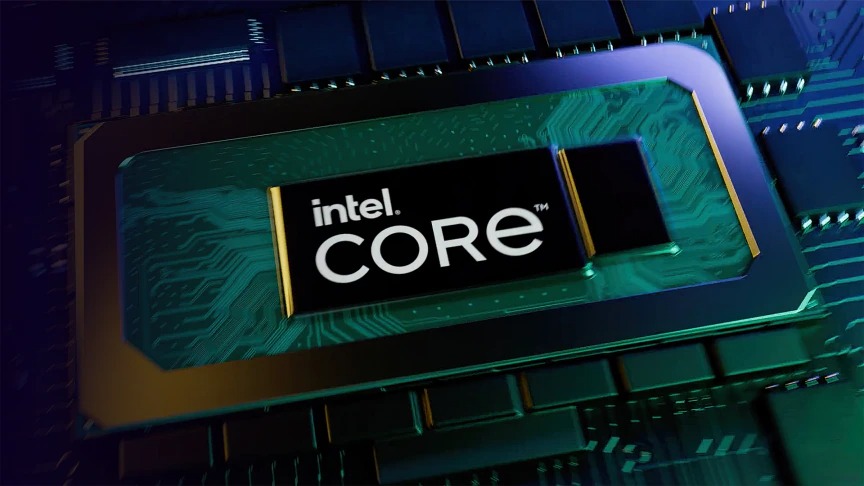
However, upon further reflection, I understand why some laptop OEMs are still keeping their partnership with third-party chipsets like Intel solid. Although I, as a laptop reviewer, have a responsibility to keep tabs on Intel’s every move, the average Joe does not. When the average consumer goes to purchase a laptop, they see the words “Intel inside” and feel comfortable with a well-recognized processor brand. Many are not following whether or not Intel is staying ahead of the curve.
Many laptop OEMs also back and support Intel Evo, a platform that ensures that Intel-packed laptops meet certain high standards regarding battery life, portability, I/O options, and more. For example, when customers see the “Intel Evo” sticker on an Acer laptop like the Swift 5, they know they’re getting a product that’s been tested to meet specific benchmarks that will satisfy consumers. Who’d want to give that up?
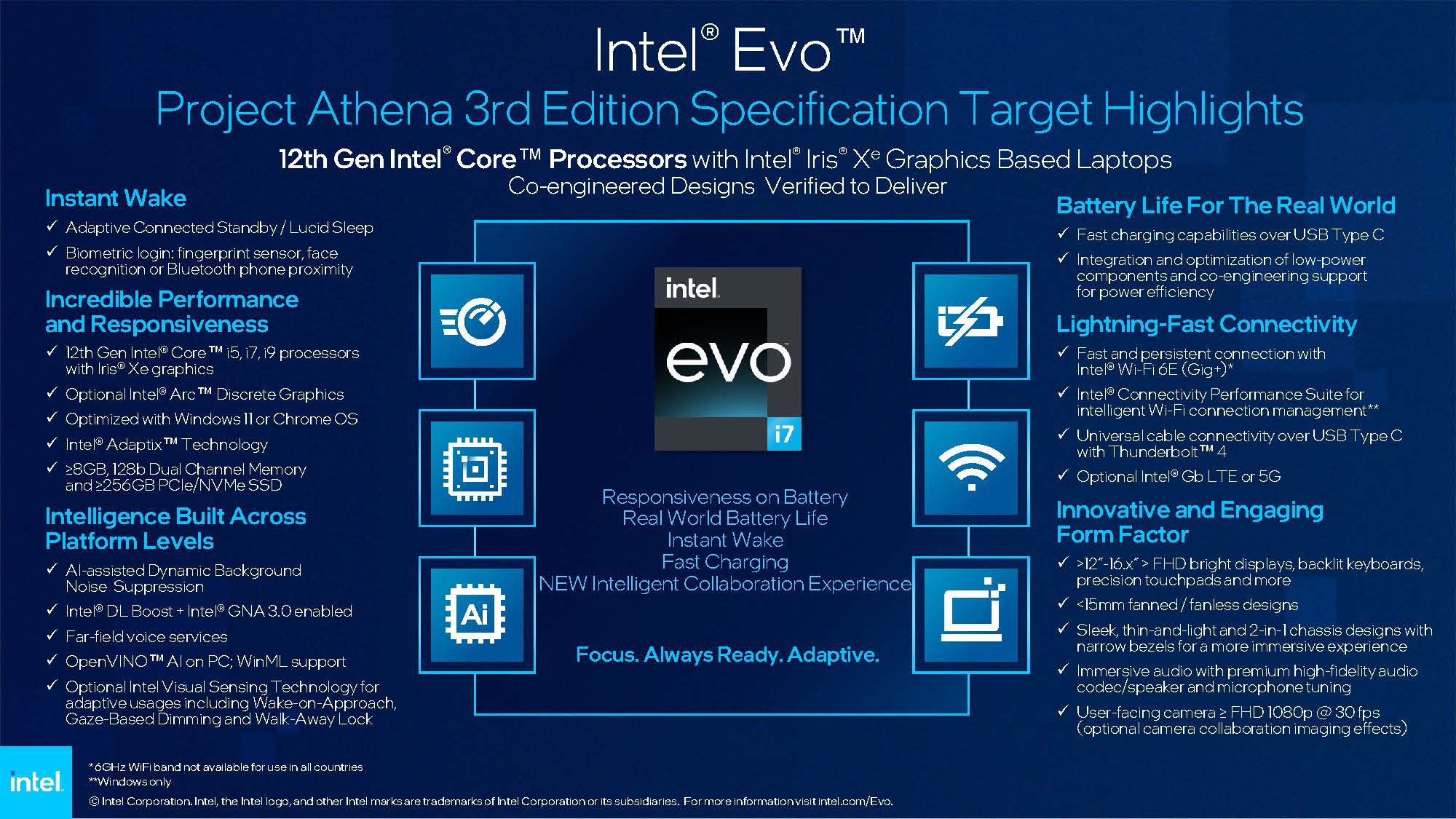
Thirdly, moving in-house to create custom chips is a risky, expensive investment. Apple happened to be lucky enough to duck the awkward first-gen stages and output a processor that blew its competitors out of the water, but who’s to say that other laptop OEMs will have the same fortuitous outcome if they follow Apple’s footsteps? Keep in mind that Apple has been successfully producing custom chips for iPhones and iPads since 2010, so it’s got experience under its belt that other companies cannot boast.
And as mentioned earlier, launching your own custom processors can cause compatibility issues as certain programs and apps will struggle to support new proprietary chips. Until popular programs roll out native support for laptop OEMs’ custom CPUs, customers will be dissatisfied with a useless laptop that cannot run their favorite apps. Some may argue that there’s no excuse for this, though, since Apple bypassed this issue by implementing the smooth-running Rosetta 2 translation process for its Apple Silicon-based Macs. Still, it’s slower than apps that run natively.
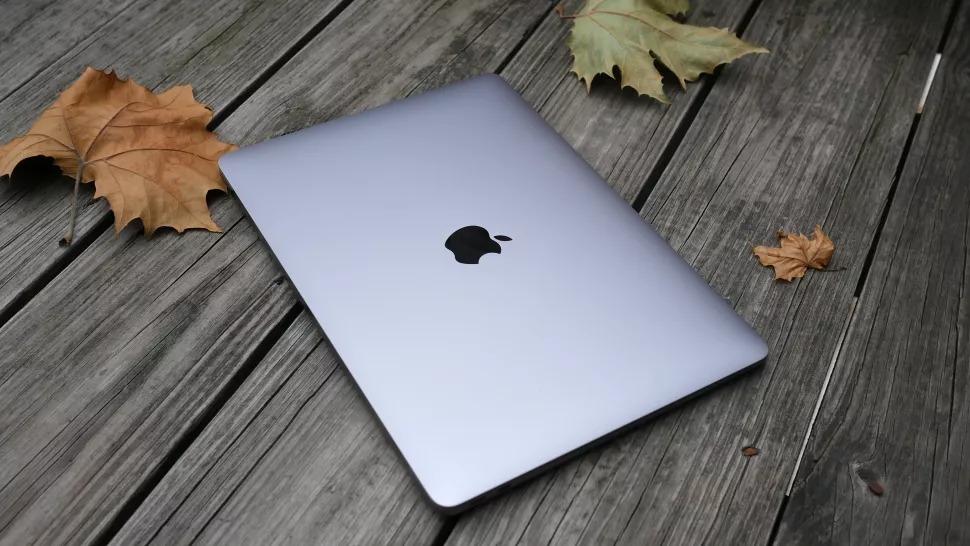
And finally, not everyone gives up on their partner because they can’t get it together right away. Granted, Apple stuck around for 15 years, which is a pretty long streak, and got fed up. But perhaps other laptop OEMs still believe in Intel’s potential. And why shouldn’t they? Sure, the M1 chips came out of the gate swinging, but according to benchmarks from our sister site Tom’s Hardware, the M1 Max that debuted last year couldn’t quite beat its Intel counterpart: the 12th Gen Intel Core i9-12900HK CPU. The Intel chip outperformed the M1 Max by 6% on Geekbench 5 multi-core benchmark and outpaced Apple’s custom chip on the Cinebench R23 test by a whopping 30%.
If anything, perhaps laptop OEMs are low-key ecstatic that Apple ditched Intel. Perhaps it was the kick in the butt Intel needed to stay on its toes. AMD and Apple are nipping at Intel’s toes to snatch its crown, but in the near future, Intel may kick its innovation into overdrive and leave its rivals in the dust.
Kimberly Gedeon, holding a Master's degree in International Journalism, launched her career as a journalist for MadameNoire's business beat in 2013. She loved translating stuffy stories about the economy, personal finance and investing into digestible, easy-to-understand, entertaining stories for young women of color. During her time on the business beat, she discovered her passion for tech as she dove into articles about tech entrepreneurship, the Consumer Electronics Show (CES) and the latest tablets. After eight years of freelancing, dabbling in a myriad of beats, she's finally found a home at Laptop Mag that accepts her as the crypto-addicted, virtual reality-loving, investing-focused, tech-fascinated nerd she is. Woot!

